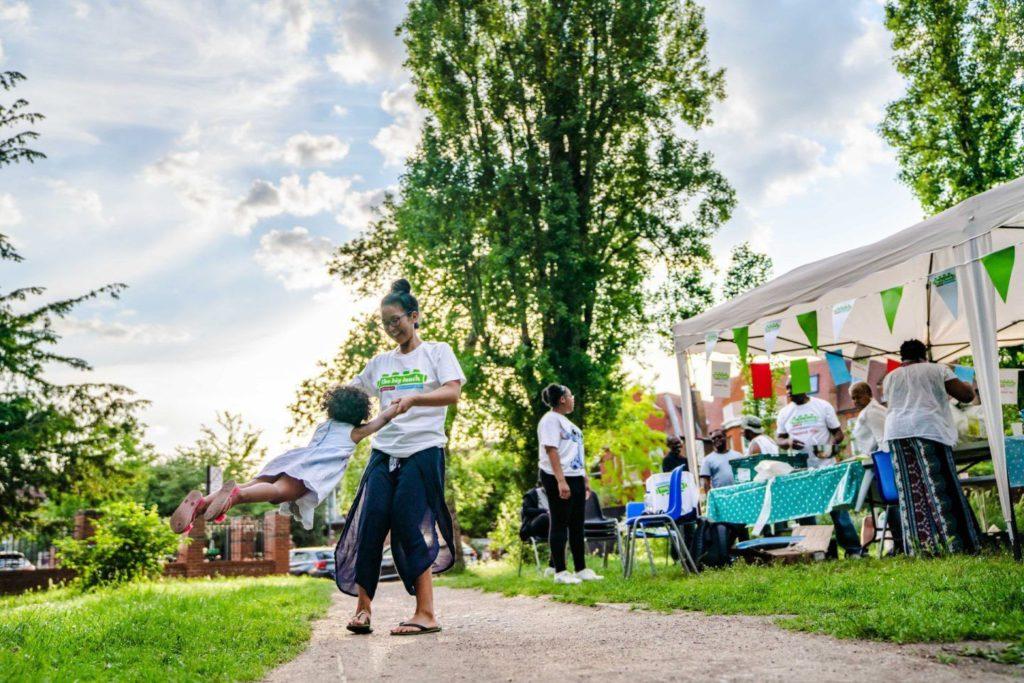Local Voices Matter: Why Secure Digital Spaces Like HOATT Are Vital Amid Political Transitions

Trinidad and Tobago is entering a new chapter under the recently sworn-in Persad-Bissessar administration (2025–). Political transitions often bring with them a mix of excitement, uncertainty, and debate. For homeowners, residents, and communities across the nation, this is a critical time to have their voices heard and their concerns acknowledged. Yet, in today’s digital age, one key question emerges: where can citizens engage safely, meaningfully, and effectively?
The Need for Safe Digital Spaces
Popular social media platforms are useful for quick sharing, but they are not designed to handle sensitive community issues such as crime reports, infrastructural complaints, or interactions with government agencies. Privacy concerns, data breaches, and the noise of misinformation often make it difficult for genuine community dialogue to thrive. This is where HOATT (Homeowners Association of Trinidad and Tobago) steps in.
HOATT provides a free, secure platform tailored specifically for the needs of homeowners and residents. Unlike mainstream apps, all members are verified with national identification, ensuring that discussions remain authentic, accountable, and focused on real issues affecting real communities.
Bridging the Gap Between Citizens and the State
Political transitions open the door for new policies and approaches. But for them to succeed, communication between citizens and government must be strong. HOATT was created to bridge this gap—allowing councillors, police stations, and other state agencies to directly engage with residents through private or semi-public groups. This structure builds trust while reducing the barriers that often prevent communities from reaching decision-makers.
In times of political change, these secure lines of communication can play a critical role in:
- Gathering citizen feedback on new policies.
- Highlighting urgent local issues such as flooding, road repairs, or crime hotspots.
- Encouraging transparency and accountability by providing a digital record of concerns raised and responses given.
Empowering Homeowners to Speak Up
For many citizens, political transitions can feel distant—something happening in Parliament rather than in their neighbourhood. HOATT flips this perspective by showing that national change begins with community-level action. Every street chat, every report to a local councillor, and every shared idea in a group forum contributes to shaping the broader policies that affect everyone.
Through HOATT’s platform, homeowners and residents can:
- Form secure groups for their streets, villages, or towns.
- Share updates and collaborate on community projects.
- Escalate concerns directly to the relevant authorities.
- Access a transparent digital space free from the distractions of mainstream social media.
Building Confidence in Governance
Perhaps most importantly, secure digital spaces like HOATT help foster confidence in governance. When people see their concerns reaching authorities—and when they can track responses and progress—they are more likely to trust institutions and participate in civic life. This trust is especially critical during political transitions, when confidence in leadership is still being established.
Looking Forward
As Trinidad and Tobago charts a new path forward under its current administration, the role of civil society platforms like HOATT cannot be overstated. By providing safe, secure, and community-focused digital spaces, HOATT ensures that local voices are not only heard but also acted upon.
In the months ahead, homeowners and residents will face both opportunities and challenges. But with tools like HOATT, every citizen has the power to help shape the future of their community—and, by extension, the nation.






Responses